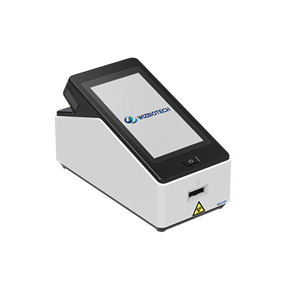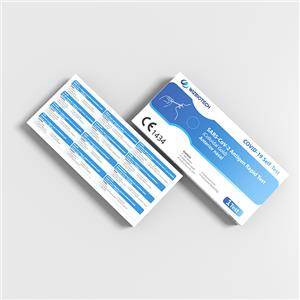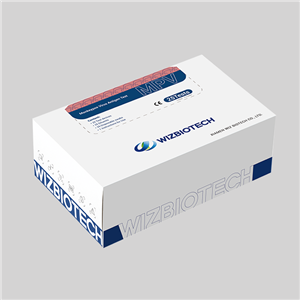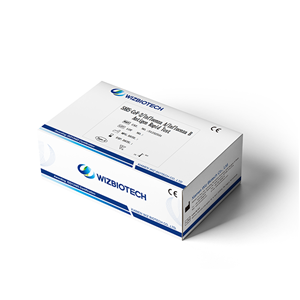-
What is point of care test?
25-10-2024 -
What does it mean if you have a high C-reactive protein level?
The liver produces C-reactive protein (CRP) in response to inflammation in the body. High levels of CRP can indicate inflammation caused by acute or chronic disease. A variety of inflammatory conditions can lead to elevated CRP levels, including autoimmune diseases such as systemic lupus erythematosus and rheumatoid arthritis.
13-05-2024 -
Fever and cough, why should C-reactive protein be tested?
What is C-reactive protein and why is it associated with fever and cough?
05-04-2024 -
In-depth exploration of the role of C-reactive protein (CRP)
C-reactive protein (CRP) is an important biomarker that plays a crucial role in the immune response to inflammation in the body.
03-04-2024 -
C-reactive protein (CRP) detection kit
C-reactive protein (CRP) is a plasma protein and a nonspecific indicator of inflammatory response in the human body. The CRP detection kit is designed to assist doctors in diagnosing and monitoring the progression of inflammatory diseases by measuring the levels of CRP.
01-04-2024 -
World Arthritis Day: Shining a Spotlight on Joint Health
October 12th is World Arthritis Day, aimed at raising awareness of arthritis and its influence to the individuals around the world.
11-10-2023 -
How to interpret the result of hs-CRP?
The hs-CRP (high-sensitivity C-reactive protein) is a marker of inflammation in the body and is commonly used in clinical settings to assess the risk of cardiovascular diseases (CVDs). The level of hs-CRP in the blood can vary different values and indicate different meanings.
18-09-2023 -
What’s the difference between CRP and High Sensitivity CRP?
C-reactive protein (CRP) is a biomarker used to measure the levels of inflammation in the body. It is produced by the liver in response to inflammation and can be used to diagnose and monitor various conditions
25-08-2023




